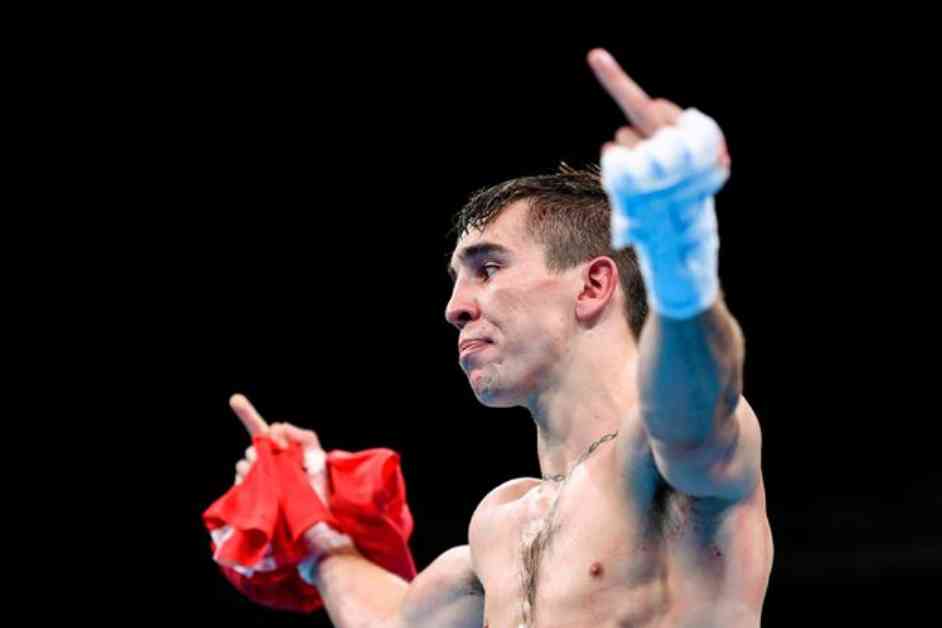As we look forward to the upcoming Paris Olympics in 2024, it’s important to remember some of the controversies that have surrounded previous Games. Let’s take a closer look at some of the most notorious Olympic controversies that have captured headlines over the years.
In 2016, during the Rio Olympics, Ireland faced a ticket-touting scandal involving Pat Hickey, the then-head of the Olympic Council of Ireland. Hickey was arrested for alleged ticket touting, which led to a major embarrassment for both him and the OCI. Despite denying any wrongdoing, Hickey resigned from the IOC in 2022.
Also in 2016, Irish boxer Michael Conlan voiced his outrage after a controversial quarter-final defeat in Rio. Conlan accused the judges of cheating and vowed never to compete in the Olympics again. His emotional post-fight interview highlighted the contentious nature of judging in boxing.
During the same Games, a group of US swimmers, including Ryan Lochte, were embroiled in a scandal after falsely reporting a robbery at a gas station. It was later revealed that the swimmers had vandalized the station and urinated in public, leading to suspensions and legal repercussions.
In 2005, Irish showjumper Cian O’Connor was stripped of his Olympic gold after his horse tested positive for banned substances. O’Connor maintained his innocence but was banned for three months and lost his medal as a result of the doping violation.
Michelle Smith de Bruin, an Irish swimmer, faced a ban in 1996 for tampering with a urine sample. Despite winning three gold medals at the Atlanta Olympics, her achievements were overshadowed by the doping scandal that ended her competitive swimming career.
In 1994, figure skater Nancy Kerrigan was attacked in a bid to sabotage her chances at the Winter Games. The incident led to a scandal involving her rival Tonya Harding, who was later banned from US figure skating for life.
The 1972 Munich Games were marred by a tragic hostage situation in which Palestinian terrorists killed Israeli athletes. The failed rescue attempt by German police resulted in the deaths of all the hostages, marking one of the darkest moments in Olympic history.
The 1968 Mexico City Games saw protests and civil unrest, with African-American athletes boycotting the event over South Africa’s participation. The Games were also marred by the violent suppression of protests by the Mexican government.
In 1936, the Berlin Olympics became a platform for Nazi propaganda under Adolf Hitler’s regime. Calls for a boycott were unsuccessful, and the Games proceeded amidst protests over Hitler’s discriminatory policies.
In 1912, US athlete Jim Thorpe was stripped of his gold medals in the decathlon and pentathlon for violating amateurism rules due to his past participation in semi-professional baseball. Despite the controversy, Thorpe’s medals were later reinstated posthumously.
These Olympic controversies serve as reminders of the challenges and scandals that have plagued the Games throughout history. As we look ahead to the Paris Olympics, it’s essential to reflect on the lessons learned from past controversies to ensure the integrity and fairness of future competitions.
